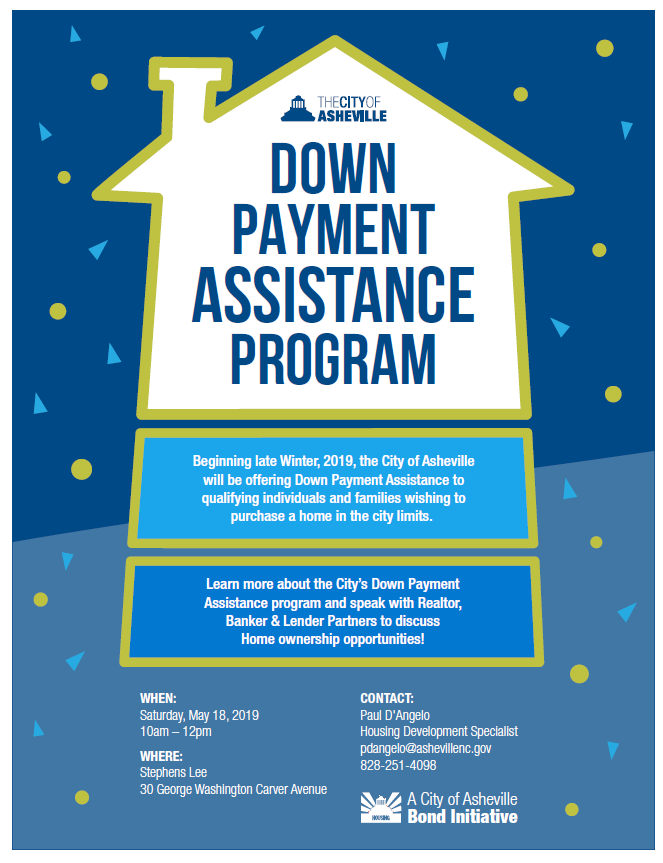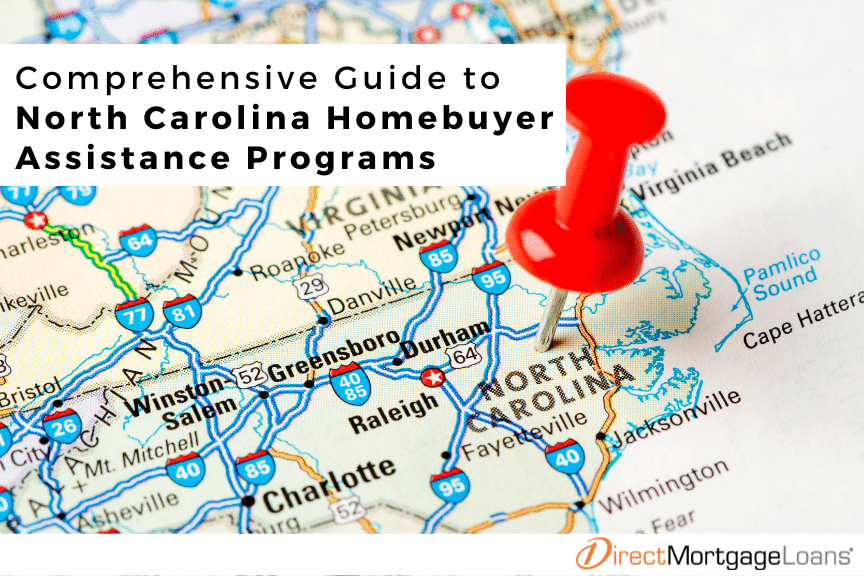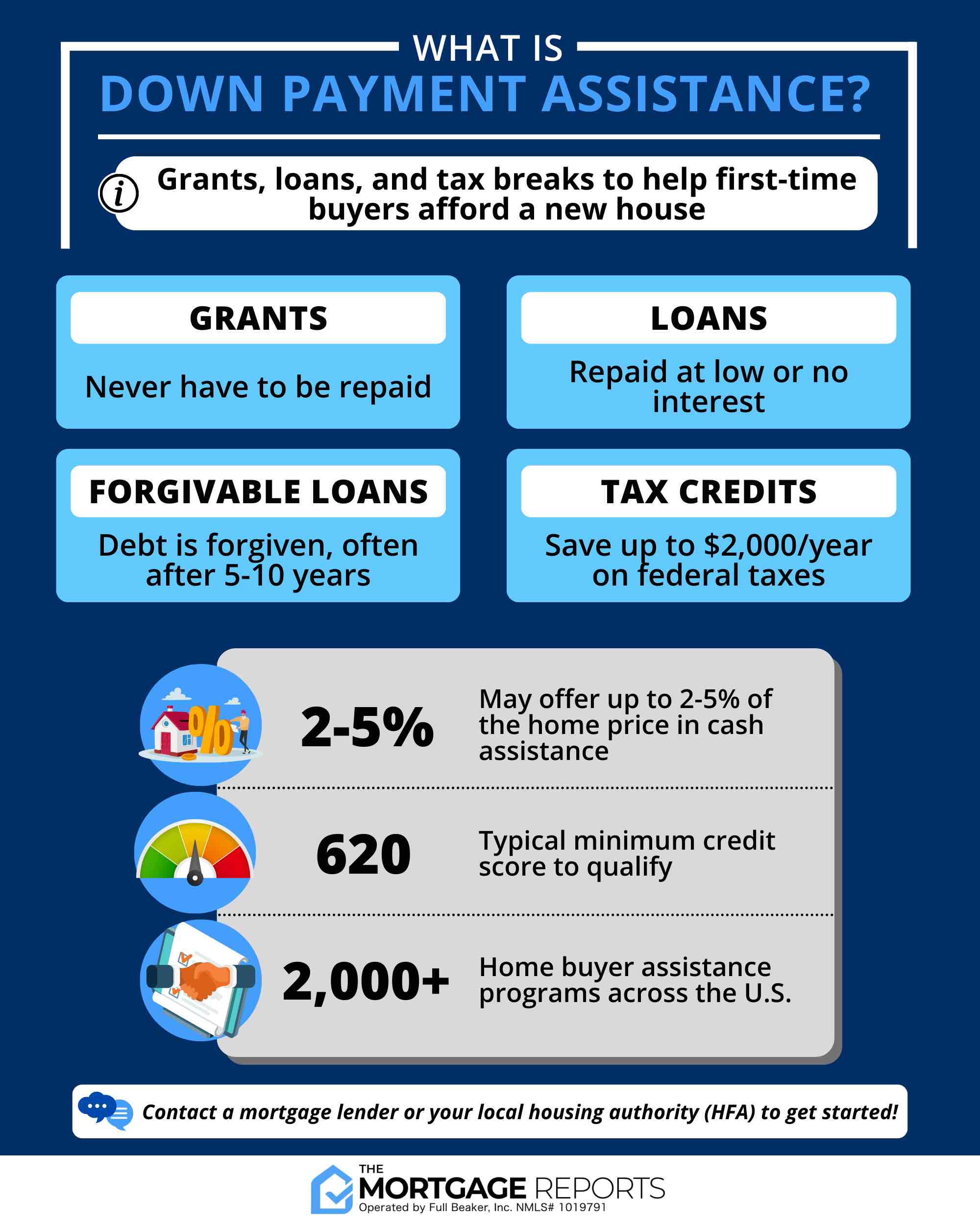For many North Carolinians, the dream of homeownership can feel more like an unattainable goal than a reality. The steep price of homes, combined with the rising cost of living, can make saving for a down payment seem overwhelming. Fortunately, North Carolina offers various down payment assistance programs designed to help first-time homebuyers achieve their dreams. This comprehensive guide will explore the ins and outs of NC down payment assistance, how it works, the different programs available, and tips for maximizing your benefits.
Understanding Down Payment Assistance in North Carolina
Down payment assistance (DPA) refers to financial programs that provide funds to help eligible homebuyers cover the upfront costs associated with purchasing a home. These programs aim to make homeownership accessible, especially for first-time buyers and low-to-moderate-income families. In North Carolina, various types of DPA programs are supported by state and local governments, non-profit organizations, and private lenders.
Why is Down Payment Assistance Important?
A significant barrier to homeownership is the down payment. Traditionally, homebuyers are expected to put down 20% of the purchase price, which can be a daunting task, especially for younger individuals or families. Down payment assistance helps bridge this gap, making it easier for residents in North Carolina to invest in their future and build equity.

Types of Down Payment Assistance Programs in North Carolina
1. Grants

Grants are funds that do not have to be repaid. They are typically provided based on financial need and can cover part or all of your down payment. The North Carolina Housing Finance Agency (NCHFA) offers various grant programs to first-time homebuyers.
Pros and Cons of Grants
| Pros | Cons |
|---|---|
| Do not require repayment | Limited availability |
| Can be combined with other assistance programs | Income restrictions |

2. Low-Interest Loans
Low-interest loans are another common form of assistance, allowing homebuyers to borrow money at a reduced rate to help with their down payment. These loans must be repaid, but they generally offer more favorable terms than traditional loans.

Pros and Cons of Low-Interest Loans
| Pros | Cons |
|---|---|
| Lower monthly payments compared to regular loans | Must be repaid |
| Often can be coupled with grants for added assistance | Potential credit requirements |
3. Deferred Payment Loans

Deferred payment loans allow buyers to postpone payments until the home is sold, refinanced, or paid off. This option is particularly beneficial for those who anticipate an increase in income over time.
Pros and Cons of Deferred Payment Loans
| Pros | Cons |
|---|---|
| No immediate repayment required | Increased debt burden if not managed properly |
| Can secure the home sooner | May have restrictions on the sale of the home |

Eligibility Requirements for NC Down Payment Assistance
Eligibility varies by program, but common requirements include:
- First-time homebuyer status or not having owned a home in the past three years
- Meeting income limits, typically based on area median income (AMI)
- Credit score minimums, which can vary by program
- Property location, as many programs target specific areas

Income Limits for Down Payment Assistance in NC
Income limits are determined by the AMI. For example, the maximum income limit for a household of four in some parts of North Carolina is approximately $91,000. However, this figure can differ based on the county and specific program eligibility. It’s essential to check the latest income limit charts provided by the U.S. Department of Housing and Urban Development (HUD).
Popular Down Payment Assistance Programs in NC
1. NC Home Advantage Program
This program offers down payment assistance up to 5% of the loan amount, specifically for first-time homebuyers and those who have not owned a home in the past three years. The program provides competitive interest rates and can be combined with various state-approved lenders.
2. Community Partners Loan Pool
Through this initiative, eligible individuals can receive up to $20,000 in down payment assistance. It specifically aids low-to-moderate-income families and is designed to support homebuyers in targeted communities.
3. USDA Rural Development Loans
This program provides zero-down payment loans in rural areas, making it an excellent option for buyers in less populated regions of North Carolina. Additionally, USDA loans often come with lower mortgage insurance premiums.
Steps to Secure Down Payment Assistance in North Carolina
1. Research and Understand Your Options
Before applying, take the time to research the various DPA programs available in North Carolina. Understand the eligibility criteria and the benefits of each program.
2. Get Pre-Approved for a Mortgage
Seeking pre-approval from a lender not only helps determine how much you can afford but also provides insight into any down payment assistance programs you may qualify for.
3. Complete Required Applications
Once you identify a program that meets your needs, complete the necessary applications. Be prepared to provide documentation about your finances, employment, and proposed property.
4. Attend Homebuyer Education Classes
Many DPA programs require participants to attend education courses to better understand the homebuying process. These classes cover everything from budgeting to the importance of maintaining a home.
Tips for Maximizing Down Payment Assistance Benefits
- Stay informed about changing regulations and new programs that may be implemented.
- Consider working with a local real estate agent who is knowledgeable about DPA programs.
- Utilize online resources and calculators to evaluate your financial readiness.
- Document all financial transactions and maintain a healthy credit score.
Comparing Different Down Payment Assistance Options
The following comparison table summarizes the key features of the programs discussed:
| Program Name | Type | Max Assistance | Repayment Requirement | Income Limits |
|---|---|---|---|---|
| NC Home Advantage | Grant/Loan | Up to 5% of loan | May be required | Based on AMI |
| Community Partners Loan Pool | Grant | $20,000 | No | Low-to-moderate |
| USDA Rural Development Loans | Loan | 0% down payment | Yes | Based on AMI |
Frequently Asked Questions about NC Down Payment Assistance
What is the maximum down payment assistance I can receive in NC?
While the maximum amount varies by program, up to $20,000 can be available through the Community Partners Loan Pool, while the NC Home Advantage program offers up to 5% of the loan amount.
Do I need to be a first-time homebuyer to qualify for assistance?
Most programs prioritize first-time homebuyers or those who have not owned a home in the past three years.
How do I apply for down payment assistance programs in NC?
You can apply through various channels, including direct applications to programs like the NC Home Advantage or the Community Partners Loan Pool. It’s also advisable to consult with a lender familiar with DPA options.
Are there any fees associated with down payment assistance programs?
Some programs may have associated fees, but many are structured to minimize costs for the borrower. Always review the terms thoroughly before committing.
Conclusion
North Carolina down payment assistance programs provide valuable resources for those looking to make homeownership a reality. With several options available, it’s crucial to understand your eligibility and the benefits of each program. By following the outlined steps and maximizing your resources, you can confidently navigate the homebuying process. Remember, owning a home is not just about the roof over your head; it’s about investing in a place to build your life and create memorable experiences.
For more detailed information about DPA programs and their benefits, check out resources such as the NCHFA Down Payment Assistance page and HUD’s resources for homebuyers.
By staying informed and taking advantage of available programs, North Carolinians can take significant steps toward securing their future through homeownership.